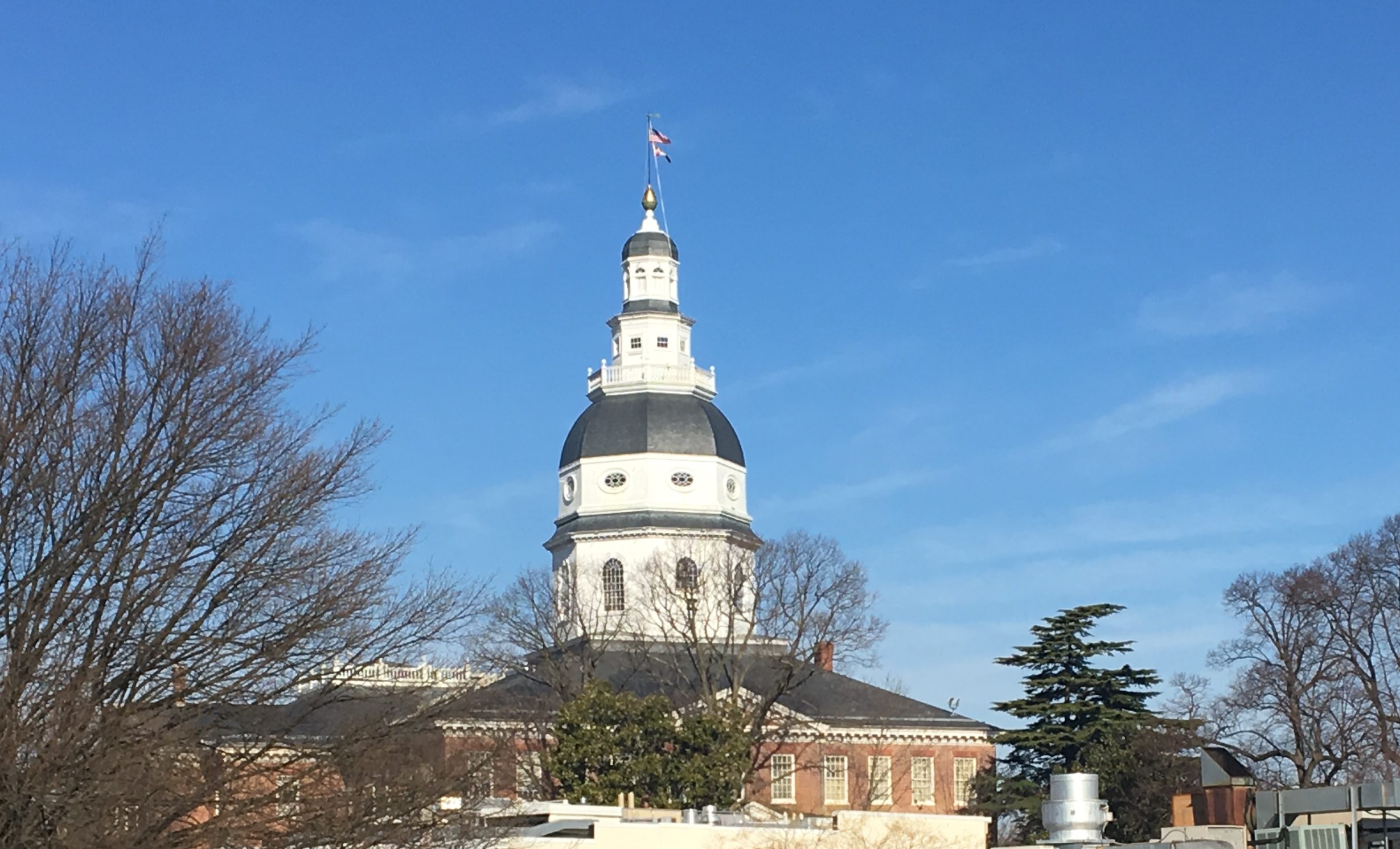By David Jahng
Capital News Service
Greater transparency, public participation and ease of access are major reasons for bipartisan, video live-streaming bills reintroduced in the Maryland House and Senate this week, legislators said.
Maryland General Assembly, State Board of Elections and Maryland Transportation Authority meetings would all be live-streamed if legislation passes this session.
In January, Speaker Michael Busch, D-Anne Arundel, said the House would begin live-streaming in 2020, and Senate President Mike Miller, D-Prince George’s, Charles and Calvert, said that chamber would follow in 2021.
Legislation for live-streaming of the Maryland General Assembly was first introduced five years ago by Sen. Michael Hough, R-Frederick and Carroll.
Hough said the best way to make sure leaders follow up on their recent statements on live-streaming is to is to legislate it.
“We are a decade past doing this,” said Hough. “I’ve never seen politicians that are so camera shy.”
Gov. Larry Hogan proposed the Transparency Act of 2019, which would make live and archived video streams of the General Assembly public, including any hearings or voting sessions.
Hough is sponsoring a bill almost identical to Hogan’s, except the governor’s requires voting sessions to be live-streamed.
In 2018, the Department of Legislative Services estimated a first-year cost of $1.14 million for new equipment and technology to allow live-streaming of both chambers, and to hire four technicians to operate cameras and microphones. Subsequent years would cost more than $200,000 for technician salaries and maintenance of equipment.
To kill a bill, make it expensive
Del. Alfred Carr Jr., D-Montgomery, told Capital News Service that one way to kill a bill is to make it expensive, and said live-streaming services already in place are much cheaper than estimates.
Carr said it costs the Board of Public Works thousands a year to livestream its biweekly meetings, and suggested similar systems be put in place for other governmental organizations.
Carr is sponsoring a bill that would also require the Maryland Transportation Authority to live-stream meetings.
“They (the Maryland Transportation Authority) make important decisions that affect a lot of Marylanders,” said Carr.
Carr said the Maryland Transportation Authority meets monthly at an inconvenient location and time in the mornings, making it difficult for citizens to attend.
It has become common for governments to live stream, letting people watch from the office or home, said Carr.
Rebecca Snyder, executive director of the Maryland-Delaware-District of Columbia Press Association, said to her, the Maryland Transportation Authority is not transparent, but opaque.
Snyder said for press, having video live-streams of the Maryland Transportation Authority would let people inside meetings that are not easy to access, and provide resources for accurate reporting.
Forty-three states provide live video streaming of their House, Senate or both chambers, according to a 2018 study by the National Conference of State Legislatures.
Hough said the Senate bill he is sponsoring and an identical House bill sponsored by Kathy Szeliga, R-Baltimore and Harford, and David Moon, D-Montgomery, are bipartisan efforts for transparency.
Moon said the bill is modest and “not going to change the world,” but said Maryland is one of a small number of states that provide only audio recordings.
Senator Cheryl Kagan, D-Montgomery, said with audio, it is hard to recognize voices, and said live-streaming would save people the hassle of having to attend sessions in person if they wanted to watch.
Kagan sponsored a bill in 2017 that would have required the State Board of Elections to live-stream meetings, but the legislation never made it out of the Education, Health, and Environmental Affairs committee for a vote.
Kagan is introducing a similar bill in the Senate for the 2019 session.
Dels/ Marc Korman, D-Montgomery, and Jason Buckel, R-Allegany, are sponsoring a bill identical to Kagan’s in the House.




This is years overdue. Let’s hear it for C-SPAN.